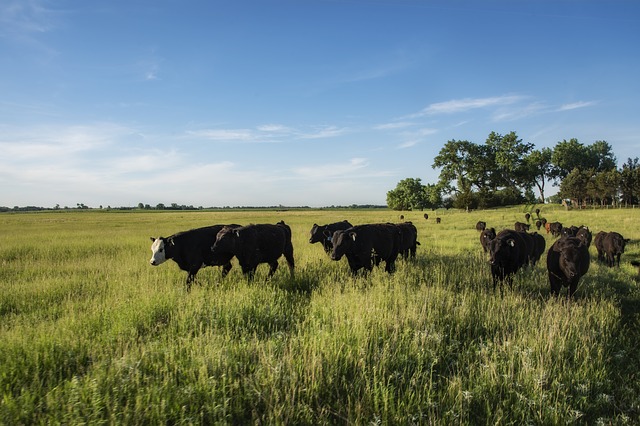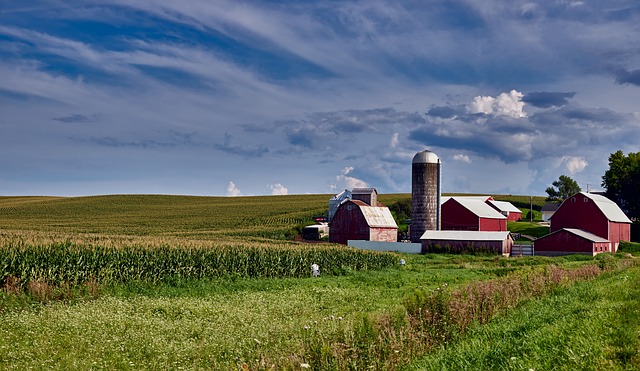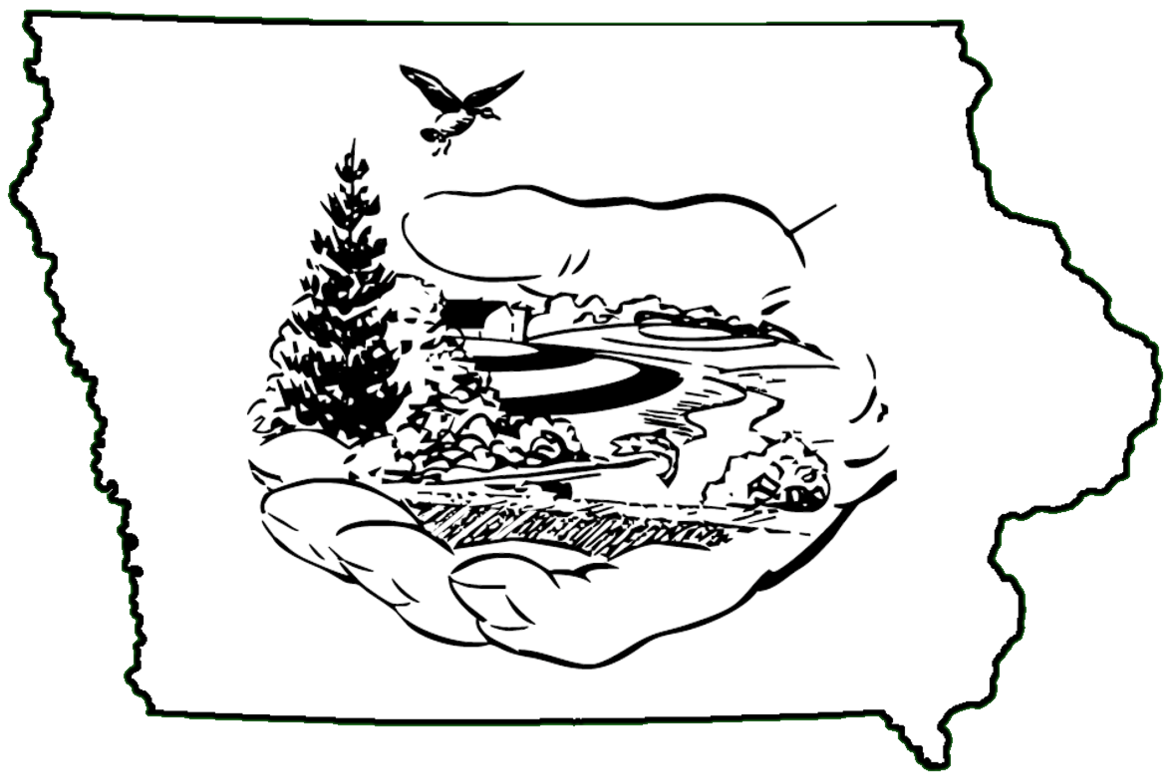Programs administered by the United States Department of Agriculture

EQIP: Environmental Quality Incentives Program
EQIP is a voluntary conservation program of the USDA Natural Resources Conservation Service (NRCS) that promotes agricultural production and environmental quality. (Note: as of the 2014 Farm Bill, the Wildlife Habitat Incentives Program [WHIP] was combined with EQIP.)
This program is available to farmers, and offers financial and technical assistance to install or implement structural and management practices on eligible agricultural land. Applications for EQIP can be made at local NRCS offices.
The EQIP application is based on assistance and decisions reached with producers during the conservation planning process. EQIP applications are prioritized for funding using a state or locally developed ranking worksheet that generally considers cost-effectiveness, resources to be treated, meeting national EQIP priorities, compliance with federal, state or tribal environmental regulations or reducing the need for future regulations and, to a degree, the location of the contract. Funded EQIP applications result in a contract which lists the practices to be applied along with an application schedule and federal funds committed. Conservation practices applied with EQIP funds are to be maintained for the service life of the practice, which may be longer than the term of the EQIP contract. The minimum contract length is one year after the implementation of the last scheduled practice with a maximum length of ten years. The implemented practices are subject to NRCS technical standards. Farmers may elect to use NRCS or a Technical Service Provider for EQIP technical assistance.
Please give us a call or stop by our office for more program information and eligibility requirements.

CSP: Conservation Stewardship Program
CSP is designed to help producers build on existing conservation efforts (such as no-till farming and rotational grazing, for example) and take their land management goals to the next level.
NRCS provides financial and technical assistance to eligible producers to conserve and enhance soil, water, air, and related natural resources on their land. Eligible lands include cropland, grassland, prairie land, improved pastureland, rangeland, nonindustrial private forest lands, agricultural land under the jurisdiction of an Indian tribe, and other private agricultural land (including cropped woodland, marshes, and agricultural land used for the production of livestock) on which resource concerns related to agricultural production could be addressed.

ACEP: Agricultural Conservation Easement Program
As of the 2014 Farm Bill, former easement programs including the Wetland Reserve Program (WRP) have been combined into the Agricultural Conservation Easement Program.
ACEP provides financial and technical assistance to help conserve agricultural lands and wetlands and their related benefits. Under the Agricultural Land Easements component, NRCS helps Indian tribes, state and local governments and non-governmental organizations protect working agricultural lands and limit non-agricultural uses of the land. Under the Wetlands Reserve Easements component, NRCS helps to restore, protect, and enhance enrolled wetlands.
Learn more about all NRCS Programs and Initiatives in Iowa here.

CRP: Conservation Reserve Program
The Conservation Reserve Program (CRP) is a land conservation program administered by the Farm Service Agency (FSA). In exchange for a yearly rental payment, farmers enrolled in the program agree to remove environmentally sensitive land from agricultural production and plant species that will improve environmental health and quality. Contracts for land enrolled in CRP are 10-15 years in length. The long-term goal of the program is to re-establish valuable land cover to help improve water quality, prevent soil erosion, and reduce loss of wildlife habitat.
Participants can enroll in CRP in two ways. The first is through a competitive process known as CRP General Sign-up. General CRP sign-ups are announced on a periodic basis by the Secretary of Agriculture; they do not occur according to any fixed schedule. The second way to enroll is through CRP Continuous Sign-up which offers on a continuous basis. All enrollment offers are processed through your local FSA office.
The General Sign-up typically allows landowners to apply to put large tracts of highly erodible land that meet cropping history requirements into CRP. These applications are ranked, and the top-ranking applications are accepted into the program.
Continuous Sign-up is available for practices that protect highly sensitive environmental areas, and include practices such as filter strips, buffers, grassed waterways, wetlands, etc. Because Continuous Sign-up CRP has standardized rental and cost share rates, landowners can see if their ground is eligible and estimate what their payments will be before even applying.
